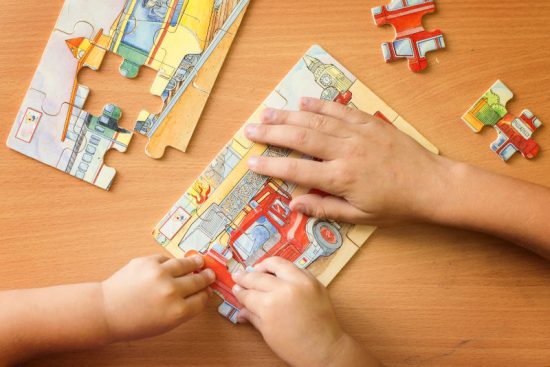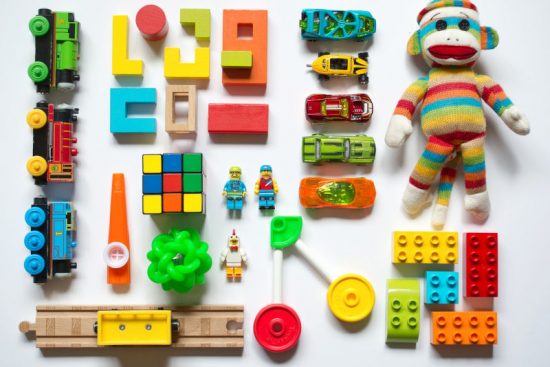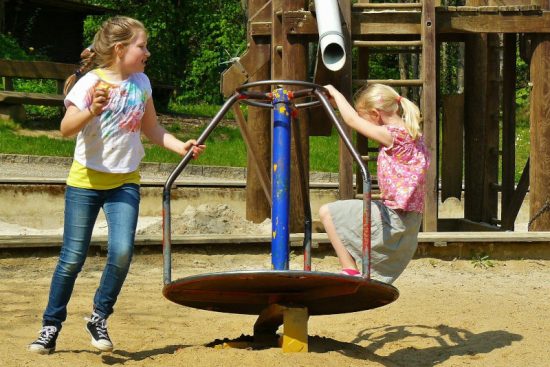
Parenting might just be the wildest roller coaster ride anyone ever signs up for. One moment you’re basking in the glow of a sweet toddler hug, and the next, you’re trying to negotiate a peace treaty over a toy. It’s a blend of chaos, joy, and a whole lot of “What did I just step in?”
As daunting as it seems, mastering the art of parenting isn’t about having all the answers. It’s about embracing the messiness and learning to laugh at the little moments. From diaper disasters to teenage eye rolls, every stage comes with its own challenges and triumphs. So buckle up, because this guide is here to help navigate the ups and downs of parenthood with a sprinkle of humor and a dash of wisdom. After all, who said parenting can’t be a fun adventure?
How to Be a Parent
Parenting involves navigating a complex, rewarding journey filled with unique challenges and joyful moments. Success in parenting arises from embracing chaos and maintaining a sense of humor.
The Role of a Parent
Parents serve multiple roles in their child’s life, functioning as caregivers, educators, and emotional supporters. Caregivers ensure safety and provide basic needs like food, shelter, and clothing. Educators play a critical part in imparting knowledge and values, fostering a love for learning. Emotional supporters offer encouragement and help children navigate feelings. Cultivating strong communication skills enables parents to build trusting relationships. Recognizing the influence of their presence, parents help shape their child’s future significantly.
Different Parenting Styles
Parenting styles vary, influencing child development and behavior. Authoritative parents balance structure and support, fostering independence while setting clear expectations. Authoritarian parents enforce strict rules, emphasizing obedience over open dialogue. Permissive parents, on the other hand, are more lenient, often prioritizing their child’s desires over boundaries. Uninvolved parenting lacks emotional engagement, focusing less on the child’s needs. Each style’s impact on behavior can dictate future relationships and coping mechanisms, highlighting the importance of mindful choices in parenting approaches.
Essential Parenting Skills

Successful parenting involves a set of essential skills that help navigate the complexities of raising children. Two critical skills include effective communication and setting firm boundaries.
Communication Techniques
Effective communication fosters understanding between parents and children. Nonverbal cues, such as facial expressions or body language, play a significant role in conveying messages. Active listening ensures parents respond appropriately to their child’s needs. Asking open-ended questions encourages children to express their feelings more openly. Expressing emotions candidly helps children learn to identify and articulate their own feelings. Providing age-appropriate explanations aids children in grasping complex concepts. Practicing patience during conversations fosters a supportive environment, allowing children to share their thoughts freely.
Setting Boundaries
Establishing clear boundaries is crucial for a child’s development. Consistency in enforcing rules aids children in understanding expectations. Involving children in discussions about boundaries fosters collaboration and respect. Setting consequences for breaking rules teaches responsibility and accountability. Allowing flexibility in minor areas helps children feel empowered while maintaining necessary limits. Recognizing moments of success reinforces positive behavior and strengthens the parent-child relationship. Ultimately, clear boundaries lead to a sense of security and structure, enabling children to thrive in various environments.
Nurturing Your Child’s Development
Nurturing a child’s development encompasses emotional support and fostering independence. Both aspects play crucial roles in shaping a well-rounded individual.
Emotional Support
Emotional support forms the foundation of a child’s mental health. Providing a safe space for children to express their feelings promotes resilience. Parents should actively listen to their children, validating feelings rather than dismissing them. Encouragement during challenging times builds trust and strengthens the parent-child bond. A supportive environment enhances self-esteem, allowing children to navigate life’s ups and downs with confidence. Regularly engaging in discussions about emotions equips children with the tools to articulate their needs effectively.
Encouraging Independence
Encouraging independence is essential for personal growth. Allowing children to make choices fosters a sense of responsibility. Parents can start with small decisions and gradually introduce more significant ones. Instilling confidence through problem-solving helps children learn from their mistakes. Providing opportunities for exploration encourages curiosity and adaptability. It’s important to balance support with the freedom to explore, ensuring children feel secure while developing autonomy. Setting realistic expectations helps children visualize achievable goals, driving their motivation.
Balancing Parenting and Personal Life
Finding a balance between parenting and personal life presents unique challenges. Prioritizing time becomes essential in navigating these responsibilities.
Time Management Tips
Establishing a routine can help families stay organized. Create a weekly schedule that includes both parenting duties and personal activities. Block out specific times for tasks like school pickups, meals, and family activities. Designate periods for personal time or self-care, ensuring each family member’s needs are met. Using digital calendars can also streamline family schedules, allowing everyone to stay informed. Involving children in planning offers them a sense of responsibility while teaching time management skills. Encourage flexibility; unforeseen events may require adjustments to the schedule.
Self-Care for Parents
Practicing self-care is crucial for effective parenting. Carving out personal time allows parents to recharge physically and mentally. Engage in activities that bring joy, such as exercise, reading, or hobbies. Prioritizing sleep replenishes energy and enhances focus throughout the day. Connecting with other parents fosters a supportive community, sharing experiences and advice can lighten the emotional load. Allocate time for regular check-ins with both partners and children, creating an open dialogue about emotions. Celebrate small victories, appreciating the balance achieved as parents facilitate their children’s growth and well-being.
Conclusion
Parenting is a journey filled with ups and downs that shapes both the parent and the child. Embracing the chaos and finding joy in the little moments can transform challenges into cherished memories. By understanding different parenting styles and honing essential skills like communication and boundary-setting, parents can create a nurturing environment that fosters growth and resilience.
Balancing personal life with parenting responsibilities is crucial for overall well-being. Prioritizing self-care and involving children in planning routines not only teaches responsibility but also strengthens family bonds. Ultimately, the adventure of parenting is about navigating the complexities together while celebrating each milestone along the way.




